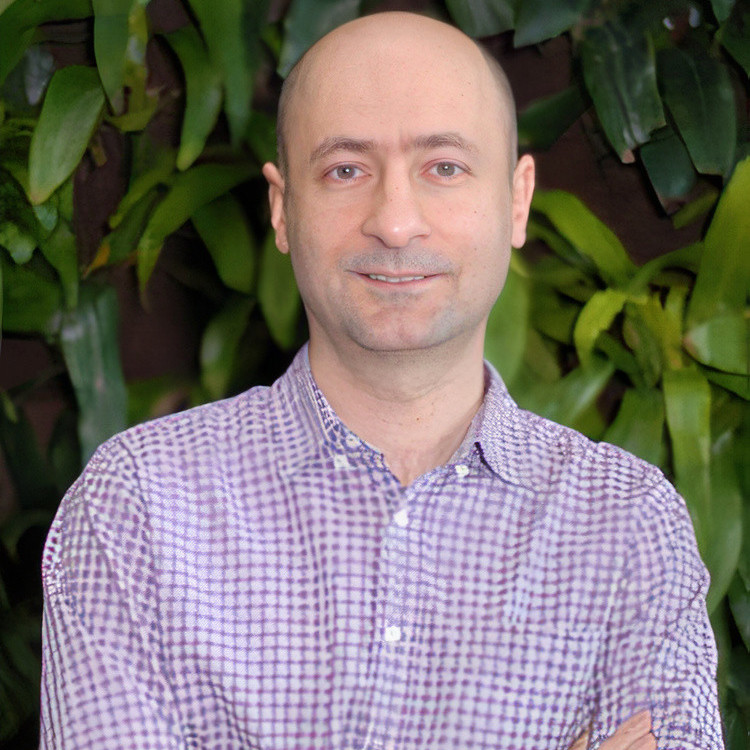Dr. Hakami’s research areas include air quality modeling in support of policymaking; formal sensitivity analysis in air quality modeling; inverse modeling and data assimilation; and uncertainty analysis. He uses mathematical models at various spatial scales to represent processes that are responsible for transport and transformation of pollutants in the atmosphere. One objective is to provide policymakers with the best (optimal) strategy to reduce air pollution. A scientific contribution from his research to the decision-making process is, therefore, to quantify the response of the atmosphere to various man-made changes. This is achieved through various methods for sensitivity analysis that are applied in air quality models. Sensitivity analysis is a potent tool in many other applications of interest such as air quality forecasting, uncertainty analysis, satellite-based inverse modeling, and quantitative analysis of trans-boundary and intercontinental transport of pollution. These areas of research are by nature interdisciplinary, and borrow from various engineering (civil, chemical, mechanical) and science (mathematics, earth science, physics, chemistry) disciplines.
Associate Professor in Environmental Engineering




Biography
Degrees:
B.Sc. (Polytechnic of Tehran),
M.Sc., Ph.D. (Georgia Tech)
Postdoc (Caltech)
Publications
Contact Form